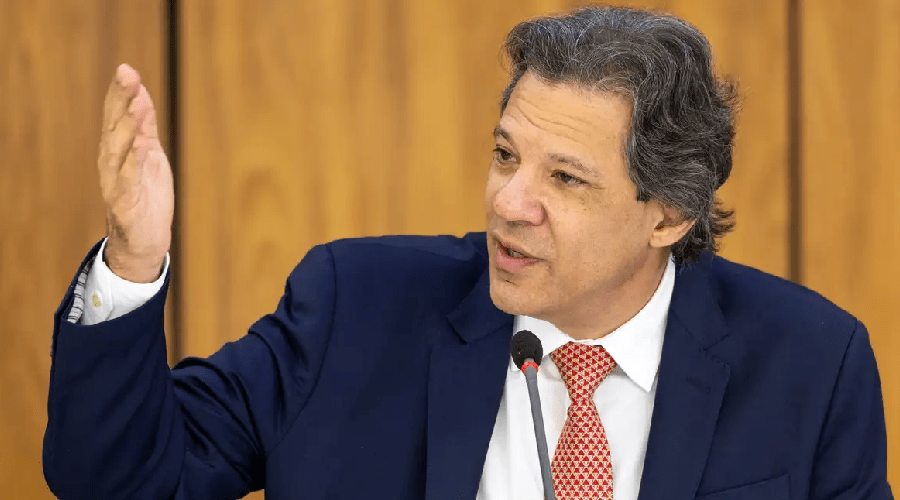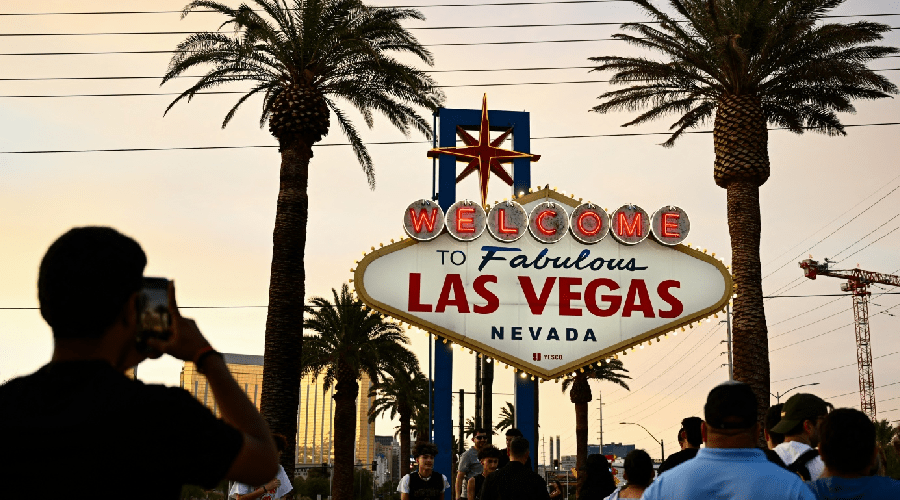Brazil's business community is upset with Haddad's "attack" after the finance minister called for a ban on gambling.

Trade groups in Brazil have criticised Finance Minister Fernando Haddad for an interview they think was wrong.
Haddad's gambling in Brazil
Brazil's finance minister, Fernando Haddad, has sparked a stir by saying he would vote to ban gaming if a bill came up in the Chamber of Deputies.
Haddad and economist Eduardo Moreira talked about Brazil's regulated gaming market, which started on January 1 of this year, in an explosive interview with ICL Notícias that came out on July 21.
When Moreira asked Haddad and the administration how they planned to ease worries about gambling-related family money problems, the finance minister called the situation a "disaster."
"Families are hurting. As they say, "I've seen things that are unspeakable," Haddad added. "I've heard of terrible incidents where people lost family members because of betting. It's a great shame.
"I'd push the stop button if a project came up in the Federal Chamber to keep or stop [betting in Brazil]. No amount of tax money can make this catastrophe we got ourselves into okay. Things are pretty horrible right now.
Haddad's position against gaming makes those in the industry raise their eyebrows.
The ministry of finance has a department called the SPA that makes rules around gaming in Brazil. Many people in the industry pointed out the absurdity of the ministry's leader seeming to campaign for the closure of a sector that it supervises after the interview.
Haddad is not the only government official who wants to end legal betting in Brazil. The sector is currently waiting for the results of a Supreme Federal Court hearing in November to find out if the betting laws are against the law. This was supposed to be done by the first half of 2025, but it hasn't been worked on in a few months.
Haddad has already angered the legal gambling industry in Brazil because he is one of the main supporters of the plan that would raise the gambling tax rate from 12% to 18% GGR.
The National Congress is now looking at that measure. The temporary measure has been extended to October 8, when a vote will be held to decide whether or not to make the tax increase permanent.
Trade groups are very angry about Haddad's comments.
The ANJL said it was "surprised and dismayed" by Haddad's comments, which it called derogatory towards the betting industry.
"This is a surprise because the sector has been following all the rules set by the Secretariat of Prizes and Bets (SPA), and they didn't expect the minister to attack them like this," an ANJL reaction said this week.
"It also shows anger because the head of the department in charge of making the sector's rules said this could be very bad for the market."
The ANJL says that the problems of family debt and deceptive advertising brought up in the interview mostly have to do with illicit businesses, not legitimate ones.
The ANJL went on to say, "It is also important to make it clear that cases of addiction are rare in the regulated market."
"The main issue with gambling addiction is that there are a lot of illegal websites that don't have any safety measures for bettors and don't pay taxes to the government."
The Brazilian Institute of Responsible Gaming (IBJR) agreed with the ANJL that Haddad's comments were wrong because they focused on the legal sector instead of the criminal one, which is the main problem.
The IBJR said, "The minister's view takes attention away from the real problem: tax evasion in the illegal market, which makes up 51% of the sector and costs the country BRL10 billion a year."
"Statements that downplay the importance of the regulated environment create legal uncertainty, discourage investment, and, in practice, strengthen the illegal operations that the government should be combating."
In Brazil, gambling is seen as a public health problem.
Haddad believes that Brazil lost out on BRL40 billion ($7.2 billion) in taxes because it took four years for the law to be fully enforced.
The finance minister also indicated that the government was working with the Central Bank to go after fintech companies, which he thinks are being exploited by organised crime groups to commit crimes including money laundering.
Haddad thinks that gambling should be seen as a "serious public health issue" and that the government should be using data from the first six months of the regulated market.
The ANJL agrees with this assessment to some extent, but they also want to make it clear that licensed operators are paying for most of the work on responsible gaming programs in Brazil.
The ANJL said, "The association agrees with Minister Fernando Haddad's view that gambling addiction should be treated as a public health issue and has said so many times before."
"It is important to note, however, that the tax that legal betting houses pay already sends some of this money to health."













